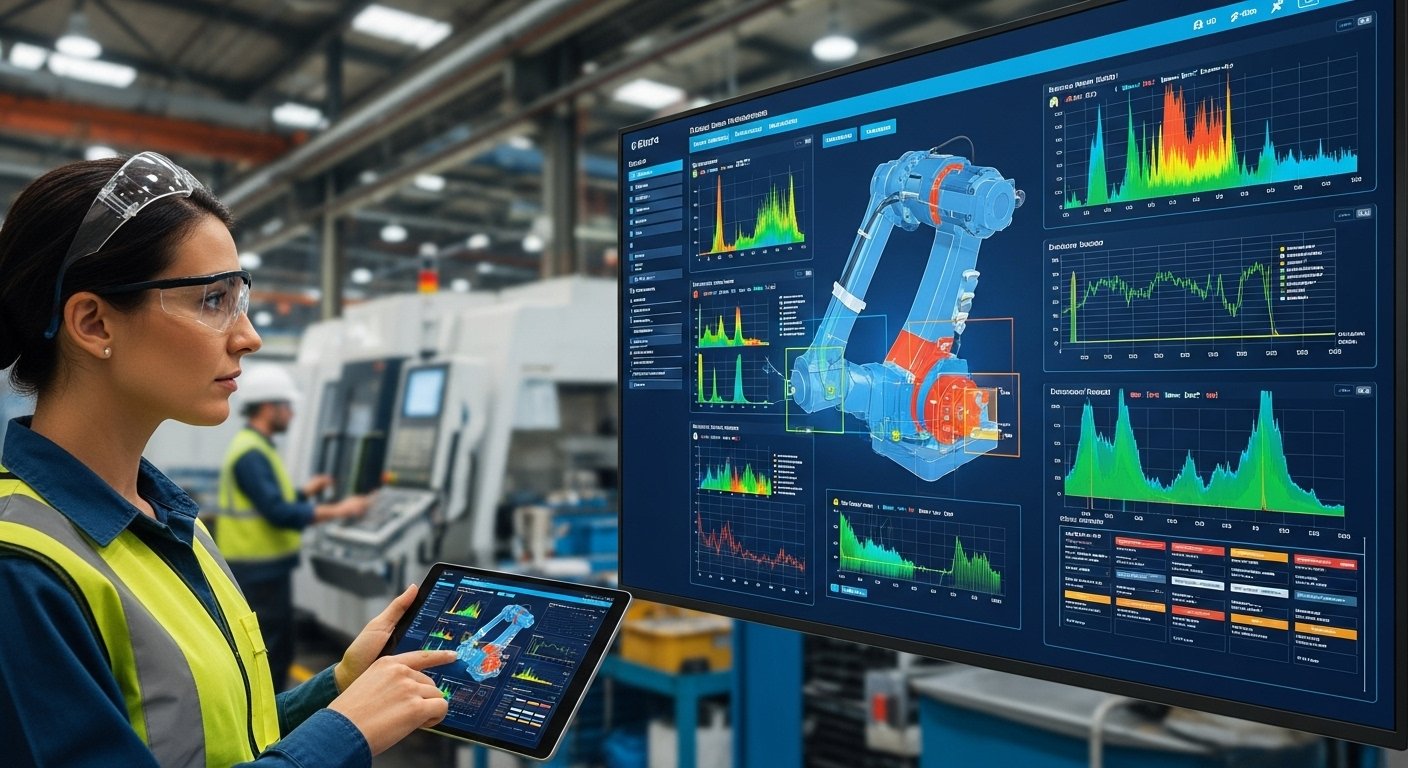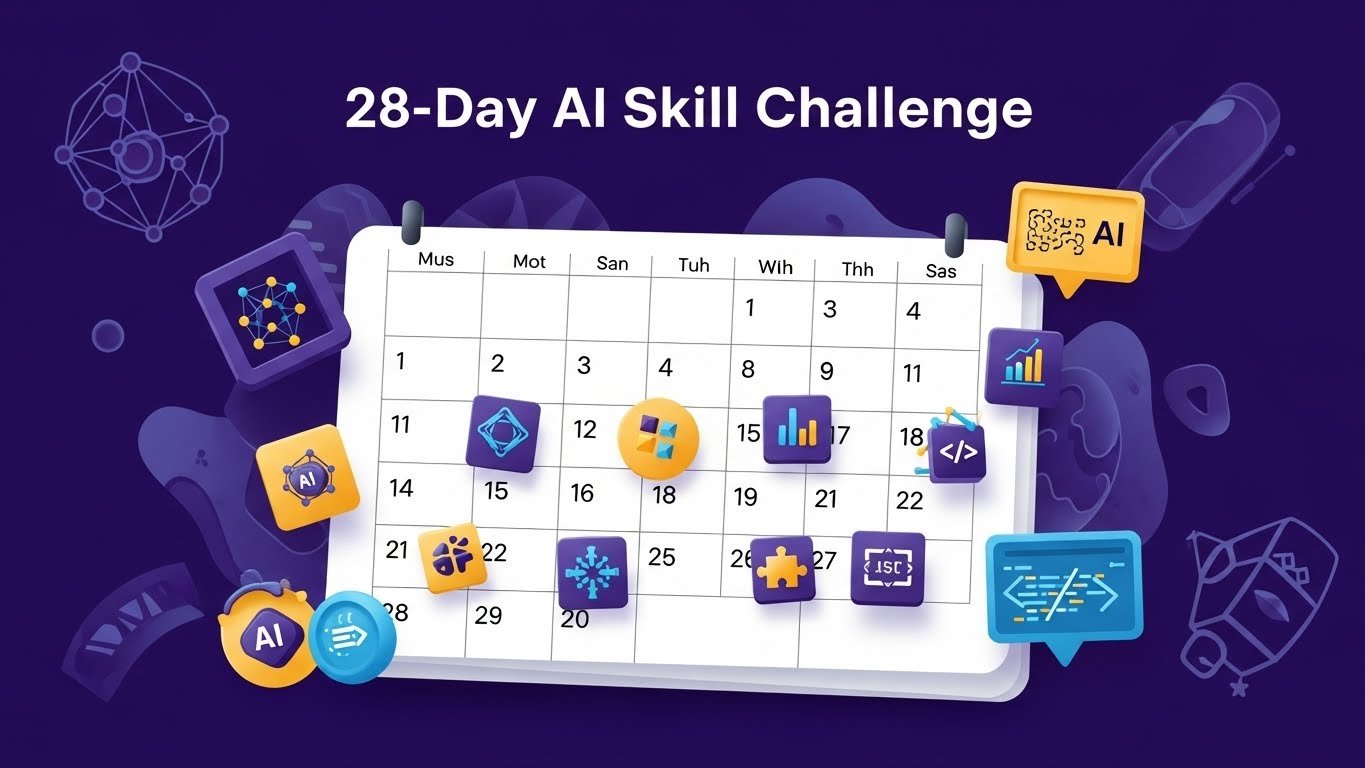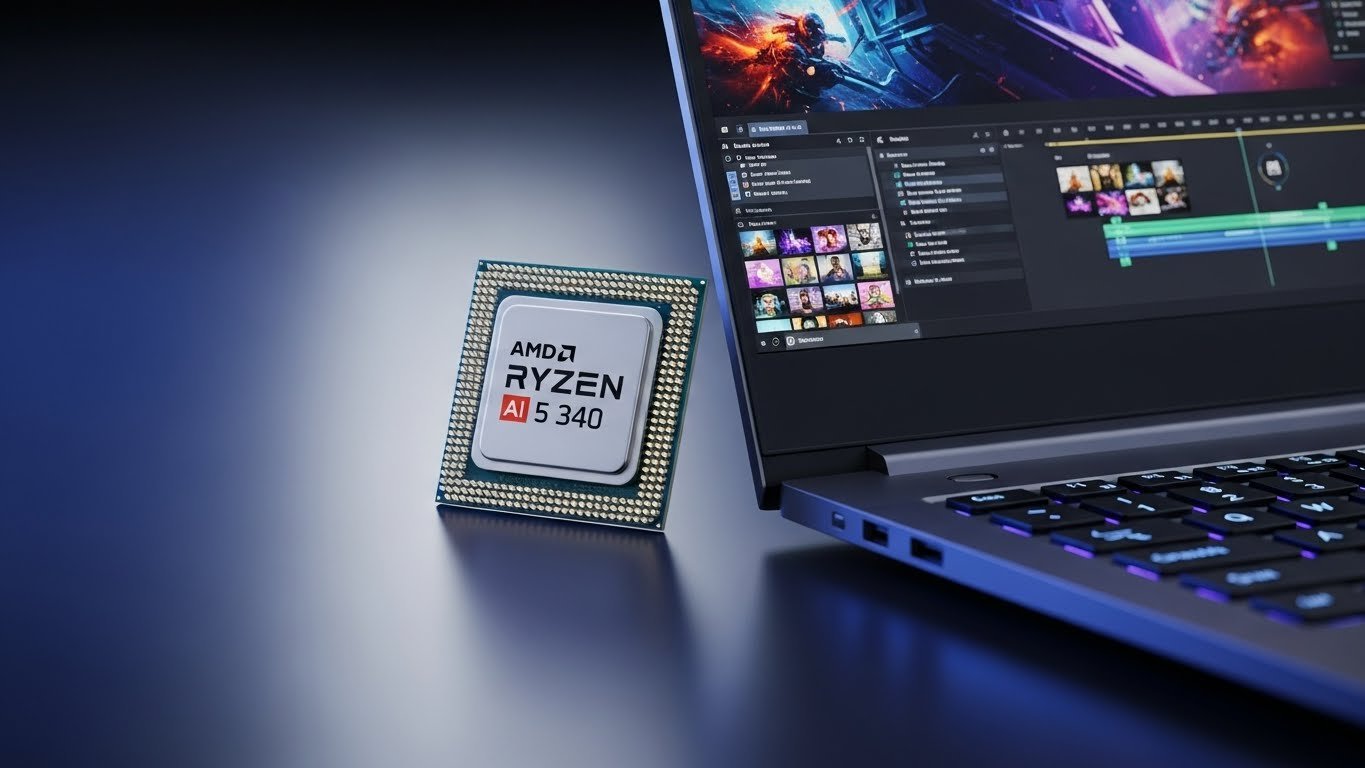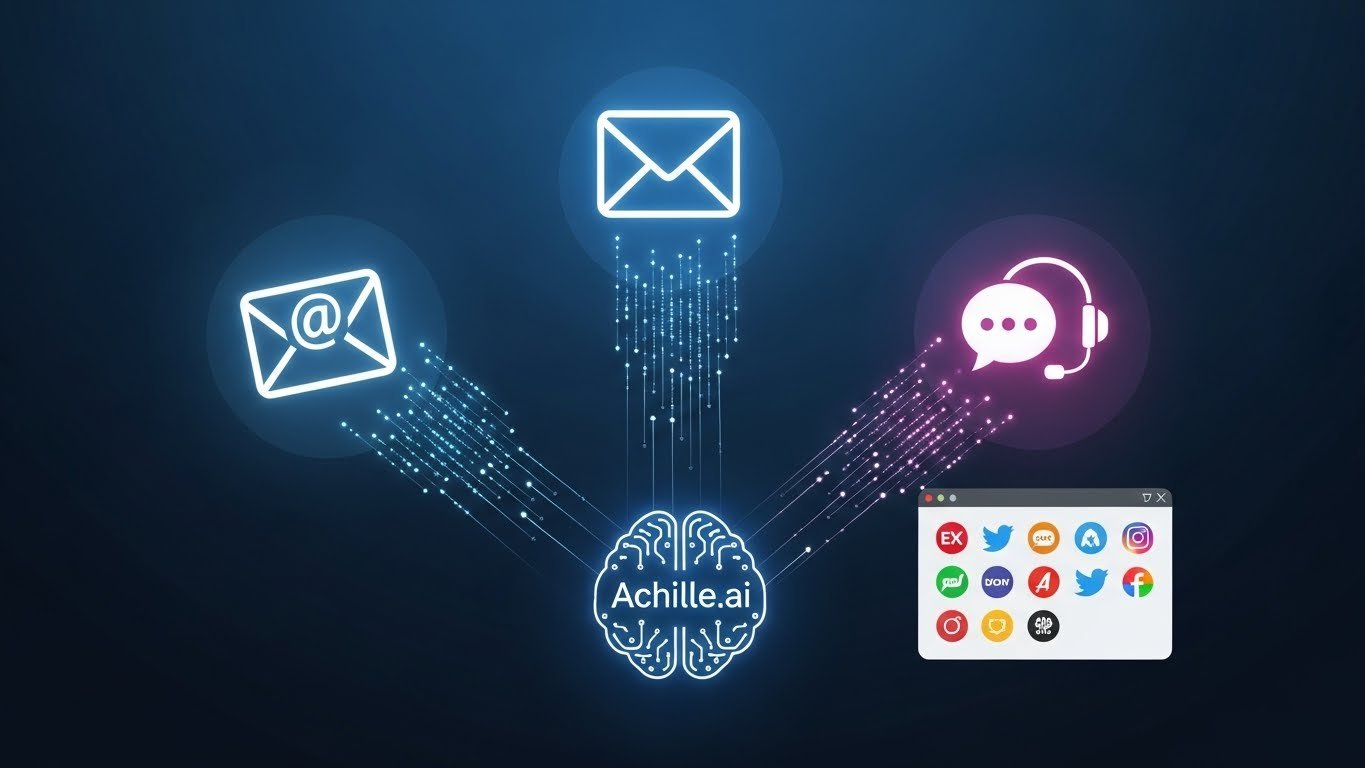In recent years, Artificial Intelligence (AI) has transformed numerous industries, and mechanical engineering is no exception. AI for mechanical engineers is not just a buzzword but a powerful tool that is reshaping how designs are created, systems are optimized, and operations are managed. Whether it’s predictive maintenance, automation, or enhancing product designs, AI offers vast potential to improve productivity, efficiency, and innovation.
Mechanical engineers are leveraging AI in a variety of ways, from automating repetitive tasks to enhancing complex simulations. The increasing demand for smarter, more efficient systems is driving the adoption of AI technologies in mechanical engineering. In this article, we will explore the role of AI in mechanical engineering, the benefits it brings, and the ways it is changing the industry.
The Role of AI in Mechanical Engineering
AI is revolutionizing mechanical engineering by offering solutions to some of the most pressing challenges faced by engineers today. These challenges include optimizing designs, reducing costs, increasing operational efficiency, and improving safety. AI provides tools that enable mechanical engineers to innovate faster and more effectively, ultimately leading to better products and services.
Design Optimization with AI
Traditionally, mechanical engineers spend countless hours manually designing components, iterating on designs, and running simulations. With AI, this process can be streamlined, reducing design cycles and improving accuracy. AI tools, such as generative design and machine learning, can create thousands of possible design variations based on predefined parameters and constraints. This allows engineers to explore options that may not have been considered through traditional methods.
Real-life example: In the aerospace industry, engineers use AI-powered generative design tools to optimize aircraft components. These tools generate design alternatives based on specific performance requirements, such as weight reduction and material strength, leading to more efficient and lightweight designs. This not only saves time but also results in components that are more efficient and cost-effective.
Predictive Maintenance: Keeping Machines Running Smoothly
Mechanical engineers often deal with complex machinery that requires constant monitoring and maintenance. AI-powered predictive maintenance tools can analyze data from sensors embedded in machines to predict when parts are likely to fail. By using machine learning algorithms, engineers can identify patterns in the data that may indicate wear or failure before it happens. This allows for proactive repairs, reducing downtime and maintenance costs.
Real-life example: AI is being used in the automotive industry to monitor vehicle components such as engines, brakes, and transmissions. By analyzing sensor data, AI systems can predict potential issues and alert engineers or technicians to perform maintenance before a breakdown occurs, ultimately improving vehicle reliability and safety.
Automation in Manufacturing Processes
AI is also playing a significant role in automating manufacturing processes, making them faster, safer, and more accurate. Robotics, powered by AI, is commonly used in assembly lines and production plants, where it can perform repetitive tasks with greater precision and efficiency than human workers. This results in faster production times, higher quality control, and reduced human error.
In addition, AI can optimize production schedules and logistics, improving the overall flow of materials and reducing waste. For instance, AI algorithms can analyze historical production data to predict optimal inventory levels, reducing the chances of overstocking or understocking.
Real-life example: In the automotive industry, AI-powered robots are used to assemble car parts, including welding, painting, and testing. These robots can perform tasks autonomously, ensuring high consistency in product quality while reducing labor costs.
Simulation and Testing: Enhancing Accuracy and Efficiency
Simulating and testing designs are critical steps in the development of mechanical products. AI is significantly improving the efficiency and accuracy of these processes by automating simulations and optimizing testing scenarios. AI algorithms can analyze vast amounts of data generated from physical tests, predicting how a design will behave under different conditions.
Real-life example: Engineers use AI to simulate the behavior of materials in extreme conditions, such as high-pressure environments or high-velocity airflow. AI algorithms can process large datasets quickly, allowing engineers to make more informed decisions about material selection and design choices.
Benefits of AI for Mechanical Engineers
AI offers numerous advantages to mechanical engineers, including improved productivity, cost savings, and enhanced innovation. Let’s take a look at some of the key benefits:
1. Increased Efficiency
AI tools help engineers automate repetitive and time-consuming tasks. Whether it’s in design optimization, maintenance, or testing, AI reduces the amount of time spent on manual tasks, allowing engineers to focus on more critical, creative aspects of their work.
2. Enhanced Accuracy
AI-driven simulations and predictive analytics ensure higher accuracy in design and maintenance. This reduces the likelihood of human error and ensures that components function optimally.
3. Cost Reduction
By optimizing designs and predicting failures before they happen, AI helps reduce material waste and lowers maintenance costs. This can lead to significant savings in the long run.
4. Innovation and Creativity
AI opens up new possibilities for mechanical engineers to experiment with unconventional designs and solutions. With generative design tools, engineers can explore novel concepts that may have otherwise been overlooked using traditional design methods.
5. Sustainability
AI can optimize the use of resources, reduce energy consumption, and minimize waste, contributing to more sustainable engineering practices. For example, AI can help in designing energy-efficient buildings or optimizing the energy consumption of machinery in industrial settings.
How AI is Shaping the Future of Mechanical Engineering
The future of mechanical engineering is closely tied to advancements in AI. As AI technologies continue to evolve, they will increasingly impact how mechanical engineers approach their work. Here are some trends and future developments to look out for:
AI in Robotics and Automation
The integration of AI in robotics will continue to revolutionize manufacturing and assembly lines. Smart robots powered by AI will become more autonomous, capable of adapting to different tasks without human intervention. These robots will also be able to learn from their environment and improve their performance over time.
AI in Sustainability and Green Engineering
As the world moves toward sustainability, AI will play a crucial role in green engineering. From optimizing energy usage to designing eco-friendly products, AI will be instrumental in creating more sustainable systems. Engineers will be able to use AI to design components that are lighter, stronger, and more energy-efficient, contributing to a more sustainable future.
AI in Product Lifecycle Management
AI will enable mechanical engineers to manage the entire product lifecycle more effectively, from initial concept through to decommissioning. By analyzing data from each phase, AI can help engineers optimize every stage of the product’s life, leading to longer-lasting, more efficient products.
Conclusion
AI for mechanical engineers is not just a passing trend; it’s a game-changer that is reshaping the industry. By enhancing design processes, improving maintenance strategies, automating production lines, and enabling more accurate simulations, AI is making mechanical engineering faster, more efficient, and more cost-effective. As the technology continues to evolve, its applications will only grow, offering even more opportunities for innovation and improvement.
Mechanical engineers who embrace AI will be at the forefront of these changes, driving the next wave of technological advancements in the field. Whether it’s designing more efficient systems, reducing costs, or enhancing sustainability, AI is set to remain a critical tool for the future of mechanical engineering.
FAQs
Q1. How does AI help mechanical engineers in design optimization?
AI assists mechanical engineers in design optimization by using algorithms to generate multiple design variations. These variations are based on predefined parameters, which helps engineers choose the most efficient and cost-effective design without manually testing each possibility.
Q2. What are the benefits of predictive maintenance in mechanical engineering?
Predictive maintenance uses AI to analyze data from machines and predict when components are likely to fail. This allows engineers to perform maintenance before a breakdown occurs, reducing downtime, improving machine lifespan, and lowering repair costs.
Q3. How is AI used in manufacturing processes?
In manufacturing, AI is used to automate repetitive tasks, optimize production schedules, and improve quality control. AI-powered robots and machines can perform tasks like assembly, welding, and testing with greater accuracy and efficiency, reducing human error.
Q4. Will AI replace mechanical engineers in the future?
While AI will automate certain tasks, it is unlikely to replace mechanical engineers. Instead, AI will assist engineers in making more informed decisions, speeding up processes, and improving designs. Engineers will still play a crucial role in overseeing AI-driven processes and applying their expertise to complex problems.








Leave a Reply